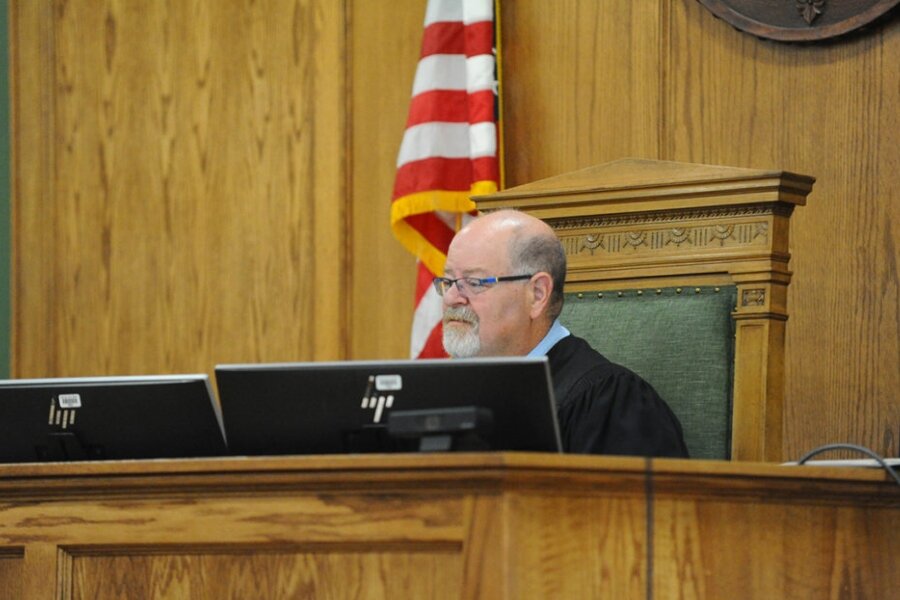A Wisconsin woman was sentenced to 11 years in prison on Monday for the murder of a man who had sex trafficked her.
Chrystul Kizer, who claimed she was legally justified in killing the man due to being sexually trafficked by him, was sentenced after pleading guilty to a reduced charge of reckless homicide in connection with the 2018 death of 34-year-old Randall Volar.
A Kenosha County judge sentenced Kizer to 11 years of initial confinement followed by 5 years of extended supervision, according to The Associated Press. She was given credit for 570 days of time served.
The judge ruled that Kizer will not be eligible for any early release programs at the Department of Corrections. According to the Wisconsin State Public Defender’s office, she is expected to be released in 2033.
In May, Kizer pleaded guilty to second-degree reckless homicide, which spared her from a trial and the possibility of a life sentence.
Kizer, now 24, was 17 years old in 2018 when she shot Volar at his home in Kenosha, Wisconsin, then set the house on fire and stole his car, according to prosecutors.
She faced multiple charges, including first-degree intentional homicide, arson, car theft, and being a felon in possession of a firearm.
According to Kizer, the two met through a sex trafficking website. She alleged that he had been molesting her and prostituting her over the year leading up to his death.
Kizer told detectives that she shot Volar after he tried to touch her.
Her attorneys argued that she should not be held criminally liable for her actions, citing a 2008 state law that exempts sex trafficking victims from prosecution for “any offense committed as a direct result” of being trafficked. In 2022, the state Supreme Court ruled that Kizer could use this defense in her trial.
In the past decade, most states have enacted similar laws to provide sex trafficking victims with some degree of criminal immunity.
Prosecutors contend that Wisconsin legislators could not have intended for these protections to apply to cases involving homicide.
Anti-violence groups have defended Kizer, stating in court briefs that trafficking victims often feel trapped and sometimes believe they must take matters into their own hands.
Share your thoughts by scrolling down to leave a comment.













